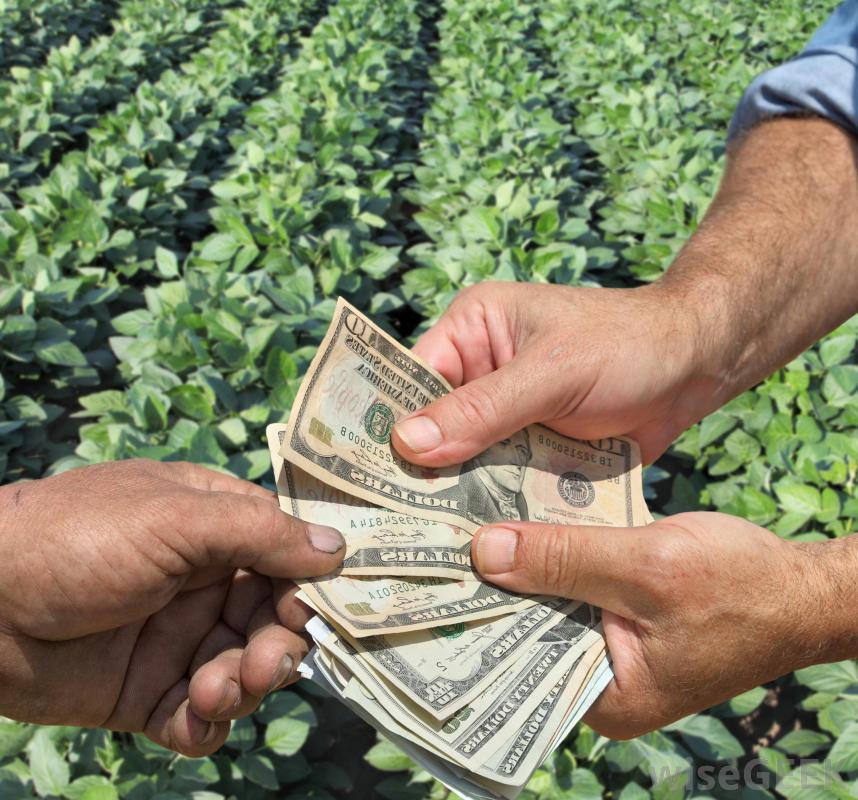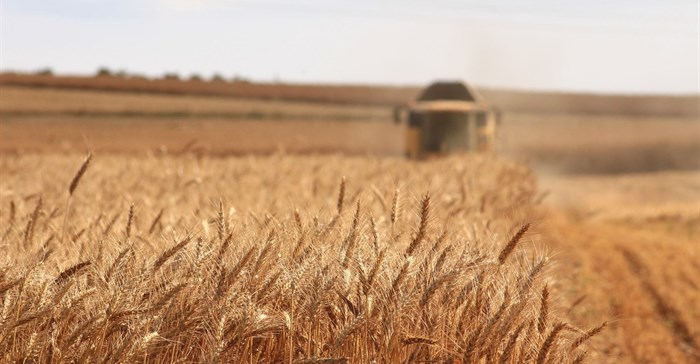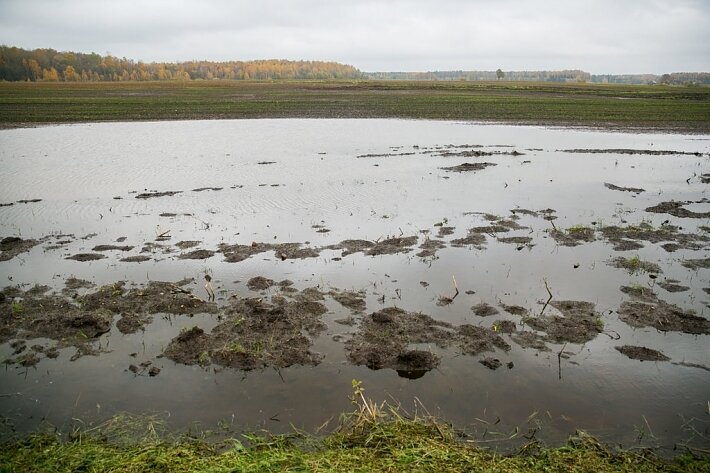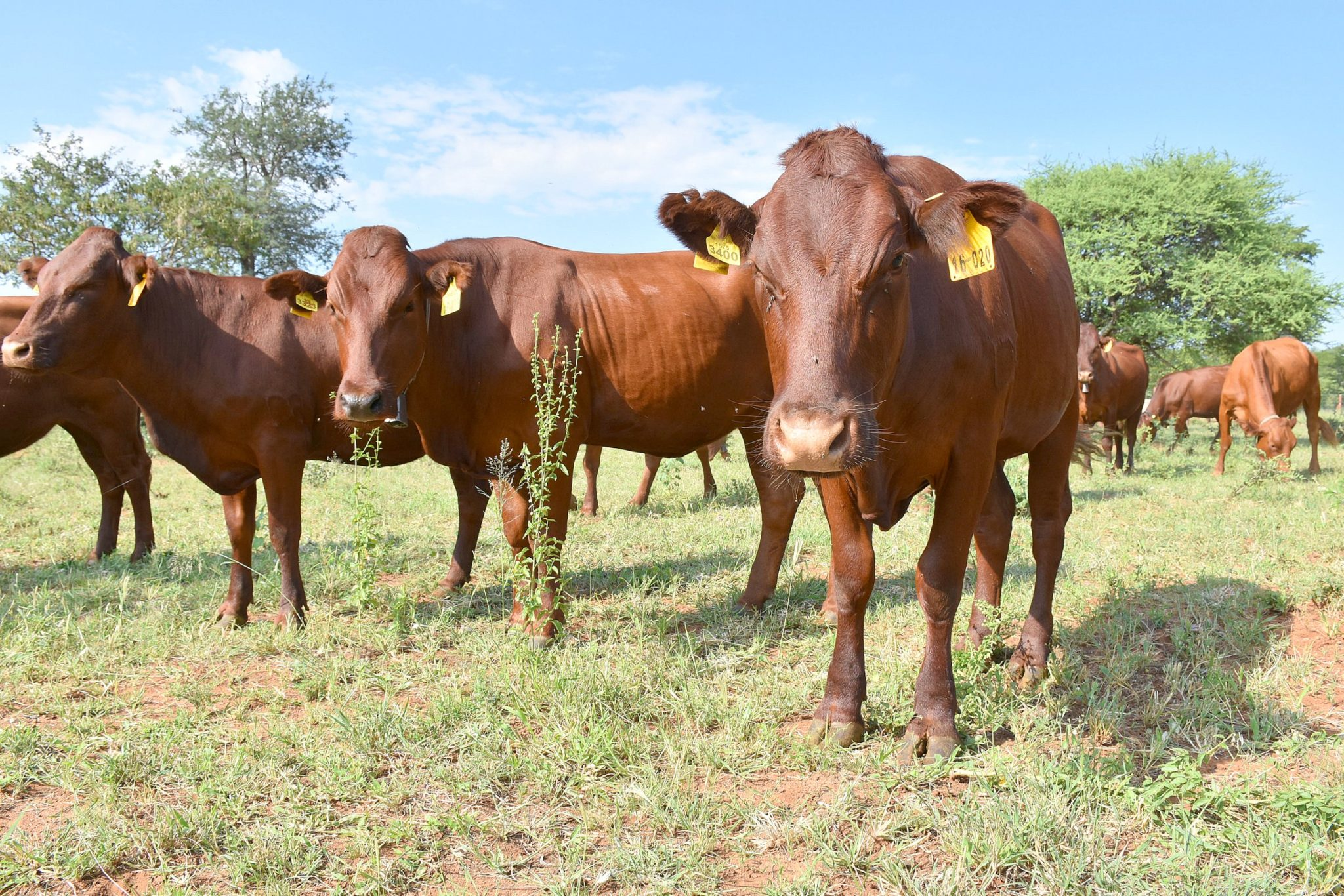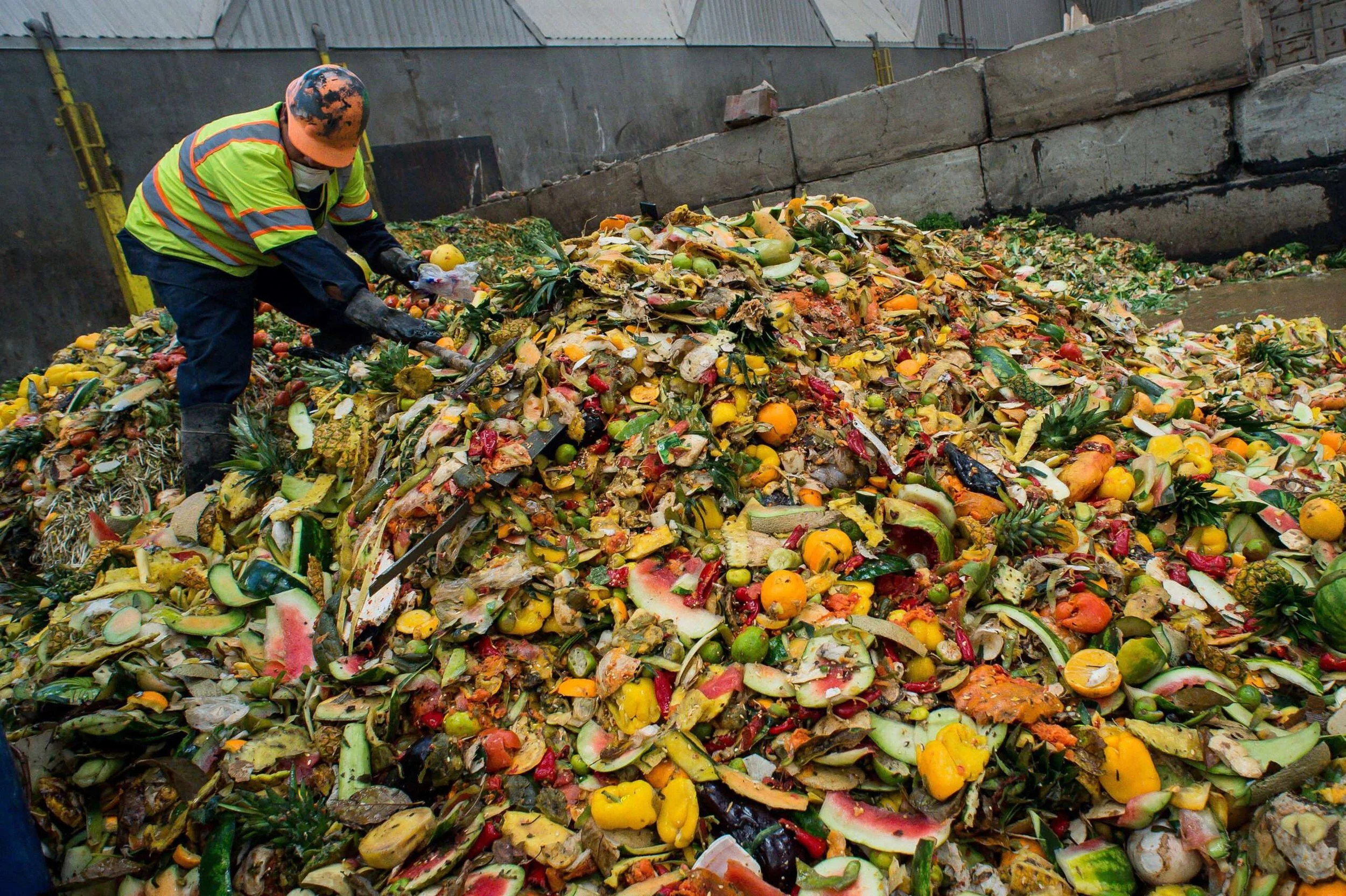Subsidizing agriculture in the United States is a nearly century-long tradition, tracing its origins to the 1920s. Hardships brought on the Midwestern United States during this era, such as the Great Depression and the drought conditions of the Dust Bowl, were alleviated after legislation was passed that mandated indefinite price subsidies for farmers. These subsidies continue today, with nearly $13.9 billion of U.S. farmer's net income expected to come from the federal government in 2016 alone.
Most western nations subsidize agriculture to some extent. It's a convenient way to ease the burden on farmers during tough economic times and ensure that their production continues to meet demand. Unfortunately, the farmers benefiting from subsidies, and especially the crops they grow, have deviated from the original intent of providing welfare for the struggling farm family, into welfare for the corporate farm.
In 2011, The Washington Post reported that three-quarters of farm subsidies were distributed to only the wealthiest 10 percent of farm owners, a point reiterated in the Democratic Party presidential primaries by Sen. Bernie Sanders. Originally intended to provide assistance to farm families and help their businesses remain viable in the long-run, this safety mechanism has been gradually co-opted by the wealthiest and most profitable farms. Recently, reforms have been attempted, but even they fall short.
In 2014, Congress passed a new farm bill, which shifted subsidies from paying farmers directly and instead focused on subsidizing crop insurance. Now, a formidable share of government payments goes to farm insurers, supposedly to leverage the risk farmers face with volatile crops. However, this too is misleading. According to Vincent Smith, an agricultural researcher out of Montana State University, "Each year, only about 1 in every 200 farms closes its gates because of foreclosure or bankruptcy while 1 in 7 businesses on Main Street has to shut its doors." The overall point being, that farming in 2016 isn't as risky as lobbyists and corporate farms lead the public to believe. This overwhelming dependency on the government to float farmers is a perversion of the original intentions of farm subsidies, that is to alleviate risk, not eliminate it altogether. But all of this is to say nothing of the ineffective crop receiving one of the largest shares of U.S. subsidies: corn.
It's easy to see why corn is so popular. Its versatility and high yield during good seasons makes it a reliable investment. Most of this corn is used for biofuels or to feed livestock, both of which have garnered criticism in recent years over their contribution to environmental degradation. Only a fraction of corn production is actually for human consumption, and the corn that goes to feed livestock loses significant calories and proteins along the way, thereby making it an extremely inefficient, and unhealthy, way to feed the population.
A simple solution, and one commonly voiced, is to provide more subsidies for local rather than factory farms, as well as promote the harvesting of healthier crops, such as whole grains, fruits and vegetables. Jonathan Foley, Director of the California Academy of Sciences, explained that such a program would prioritize locally grown crops and lessen the environmental impact of the current system, all while providing a boon to rural economies across the United States. In truth, this was the original purpose of these subsidies: a safety net for the family farms that fill the breadbasket of America with nutritious, fair-trade products. All that is being asked for, it seems, is a return to our roots.
Source - http://www.dbknews.com


